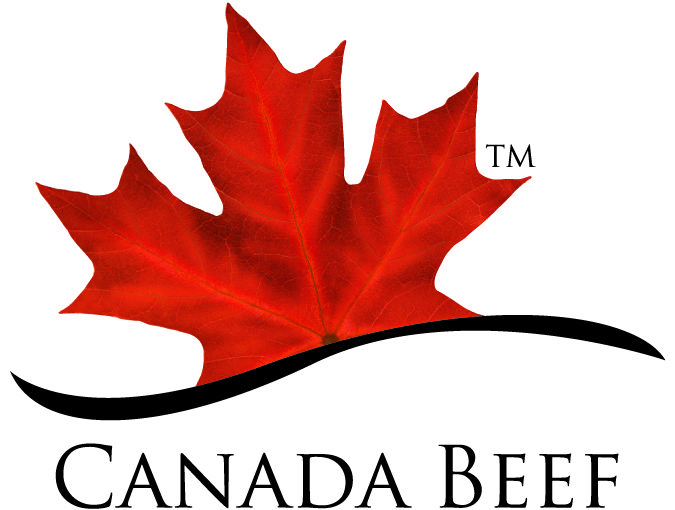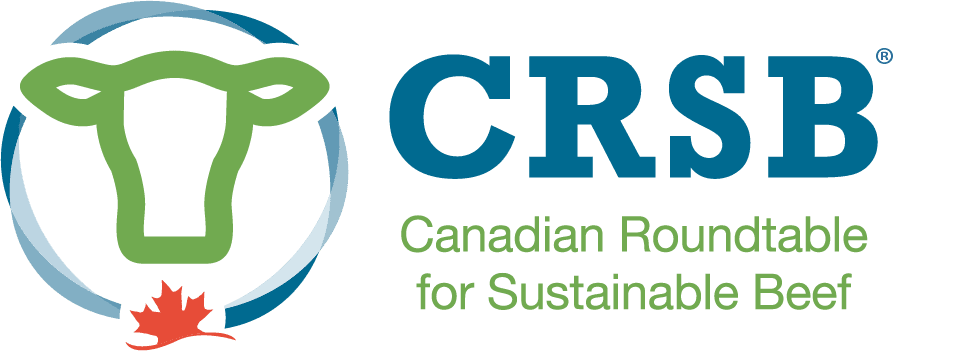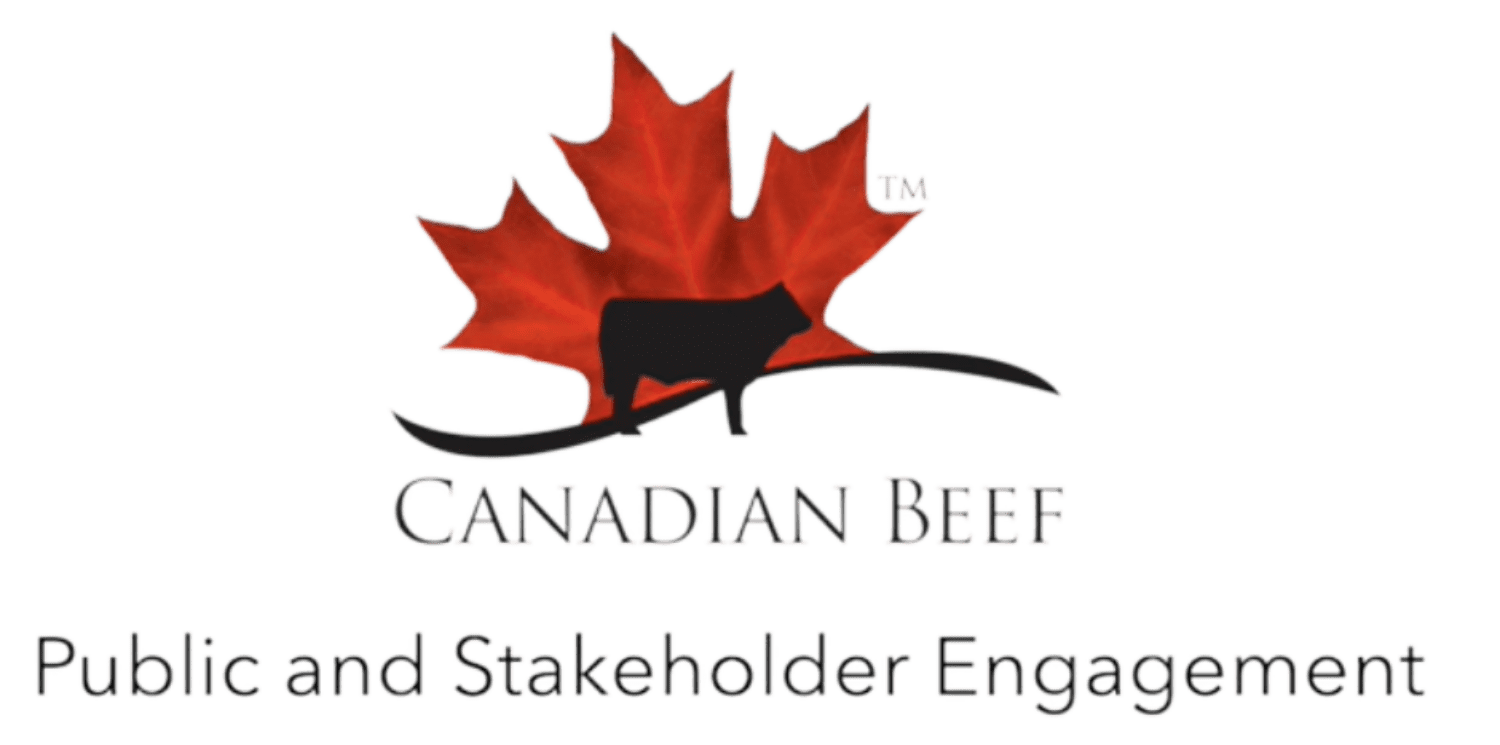Home / Benchmarks
Confessions Of A Canadian Beef Farmer
Carbon under Cover
Land used for raising beef cattle in Canada helps to store 1.9 billion tonnes of soil organic carbon1. That’s the equivalent of taking two billion cars off the road for an entire year2!
Raising Cattle, Lowering Emissions
From 2014 to 2021, bringing every kg of Canadian beef from farm to table created 15% less greenhouse gases3.
And we’re not stopping there – we’re on track to hit a 33% emission intensity reduction by 20304!
Hooves and Habitat
Our pasture pull double duty – raising beef and providing 74% of the critical habitat wildlife need for reproduction across Canada’s crop and pastureland1.
Our Sustainability Progress
When it comes to measuring the sustainability of Canadian beef, we don’t muck around. Scientists and researchers would tell you our sustainability results come from a detailed scientific study considering environmental, social and economic factors. Many farmers and ranchers would tell you sustainability is at the core of what they do, and this assessment shares that important story.
Together, beef farmers, ranchers and so many more are working together across Canada to continually improve how cattle are raised, and beef gets to your plate. We measure our current (2021) sustainability performance against a baseline (2014), chart our progress, and have a plan5 to keep improving.
Click below for the third-party reviewed scientific reports and additional peer-reviewed papers published in scientific journals.
Sources:
1 Canadian Roundtable for Sustainable Beef. (2024a). National Beef Sustainability Assessment: Environmental and Social Assessments. Calgary, AB: Groupe AGECO.
2 Greenhouse Gas Equivalencies Calculator | Natural Resources Canada (nrcan.gc.ca)
3 Aboagye et al. 2024. An assessment of the environmental sustainability of beef production in Canada. Canadian Journal of Animal Science. 104(2): 221-240.
4 Canadian Beef Industry 2030 Goals: Greenhouse Gas and Carbon Sequestration Goal Fact Sheet (beefstrategy.com)
5 Canadian Beef Industry 2030 Goals and Strategy. (Beef Industry 2030 Goals)
Share The Good News
If you’re as excited about all the good news surrounding sustainable beef as we are, share these updates with your friends and spread the word!
Brought to you by the Canadian Roundtable for Sustainable Beef, in partnership with Canda Beef and Public and Stakeholder Engagement.
Funding for this project has been provided, in part, through the AgriAssurance Program under the Sustainable Agricultural Partnership, a federal-provincial-territorial initiative.



